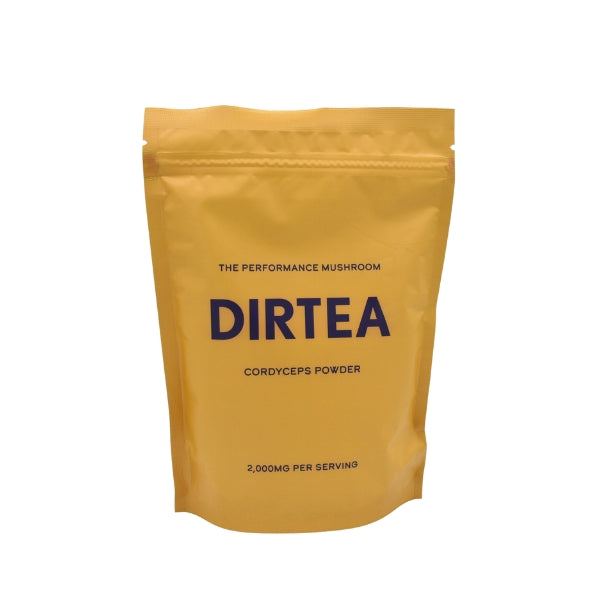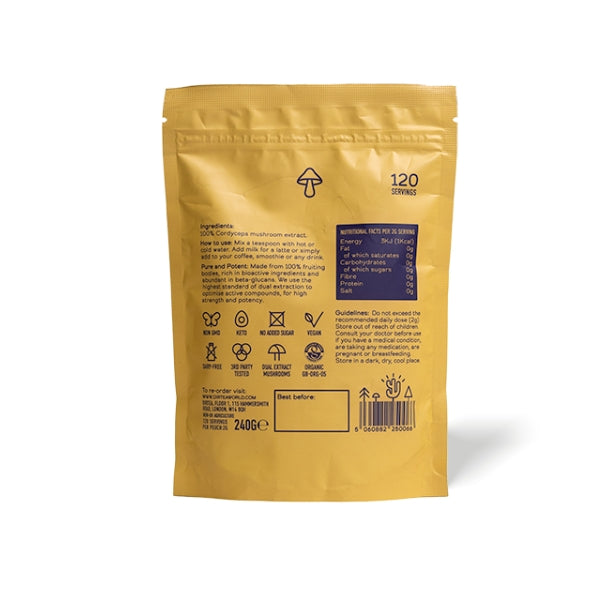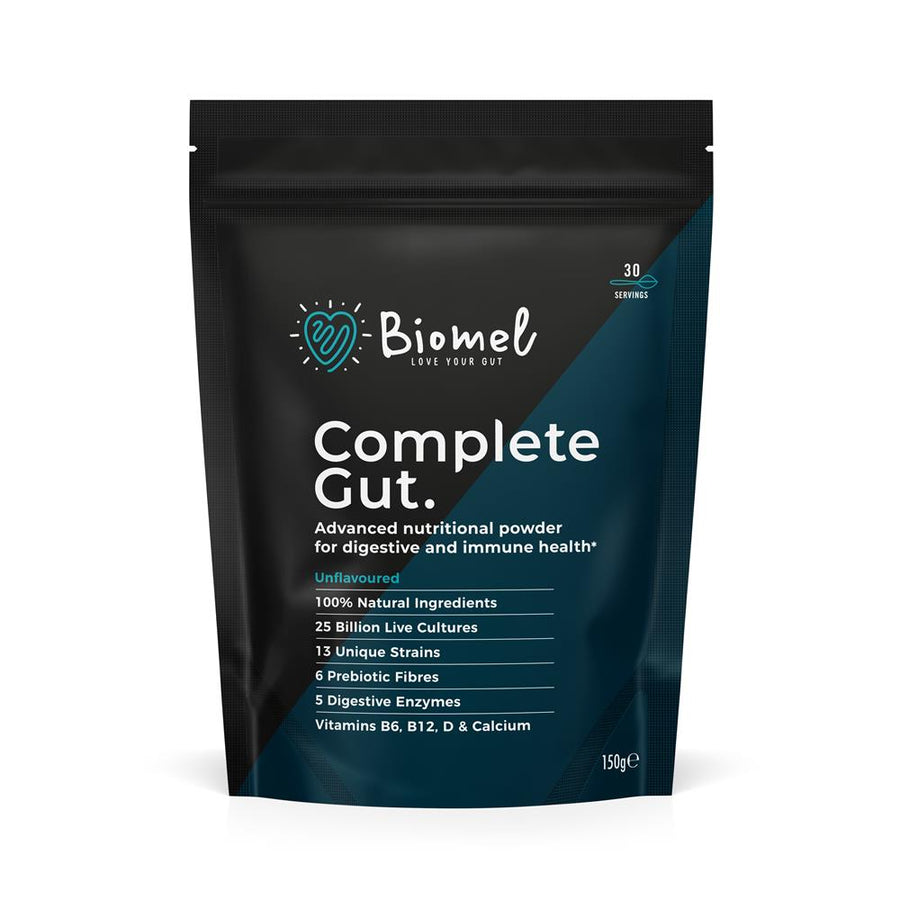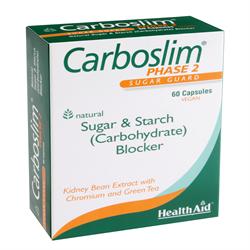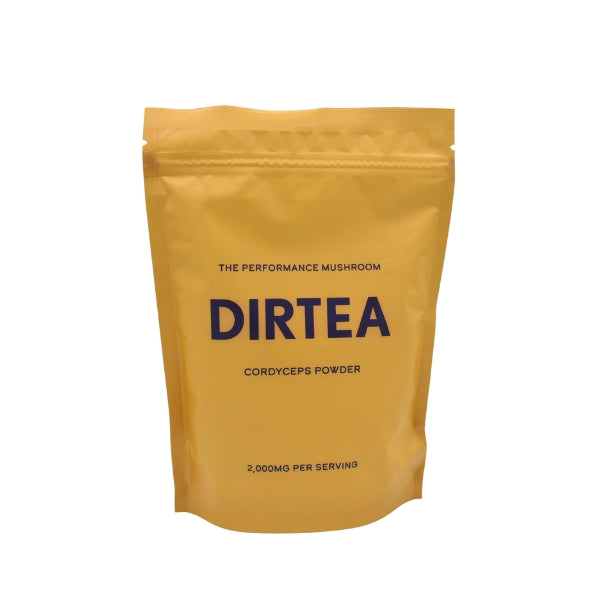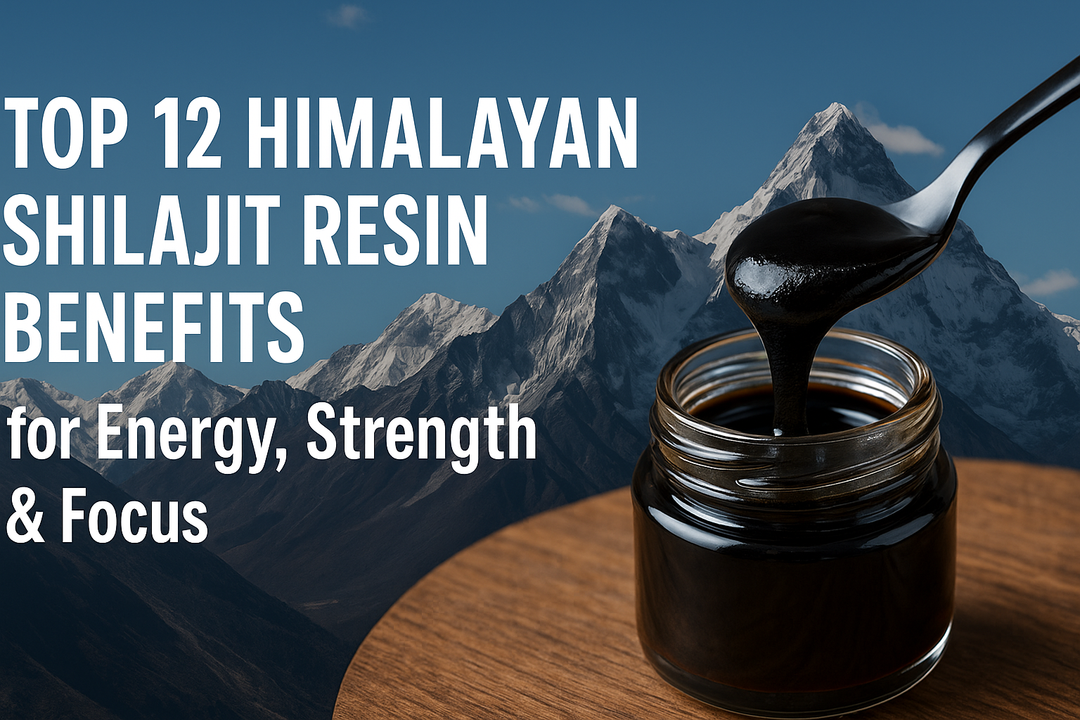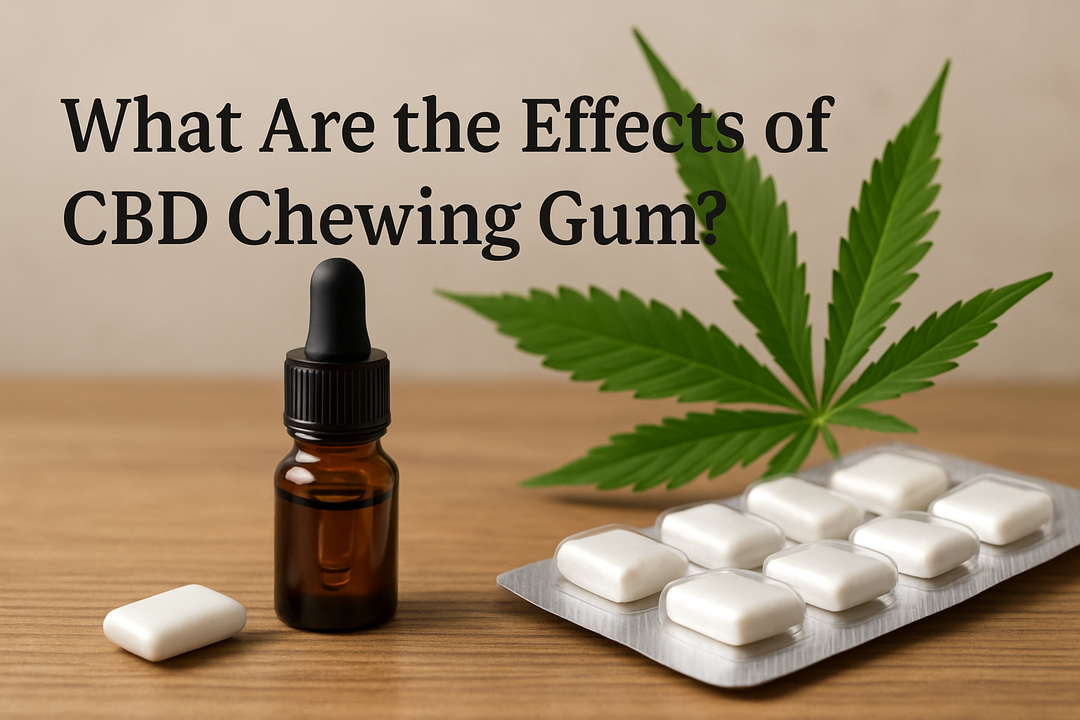Big Love for the Humble Coconut
Big Love for the Humble Coconut
Sales of Coconut Oil have increased hugely in recent years as people have become increasingly aware of the health benefits, making it popular with the health conscious and athletes as well as being favoured by many celebrities.
You may remember that back in the 90’s coconut oil was labelled as being a bad fat and this was because most of the coconut oils on the market then were partially hydrogenated – a process that adds hydrogen to oil creating a solid state at room temperature and this process increases the trans fats and cholesterol in the oil which are both “bad” fats.
Coconut Oil available today includes virgin, organic and unprocessed varieties and do not contain the harmful fats such as cholesterol. It is worth remembering that our bodies need some fats to function efficiently and this includes lauric acid which is found in coconut oil and is easily digested and converted into energy.
Coconut trees are palms that grow in the Tropics up to 30 metres high and are so favoured by some cultures that they are known as “the tree of life” and “the tree that grants all wishes” because of their huge variety of uses. Coconut Oil has been used as far back as 4,000 years especially in Ayurvedic Medicine so its popularity has gone full circle !
Coconut Oil comes from the flesh of the coconut also known as the kernel and there are various ways of producing it. The oil can be extracted through either “dry” or “wet” processes. Dry processing requires that the meat is extracted from the shell and dried using fire, sunlight or kilns making a substance called copra. The copra is pressed or dissolved with solvents producing a basic commercial grade coconut oil which needs refining and is a heavily processed product. The “wet” process uses raw meat from fresh, mature coconuts rather than dried copra and the protein in the coconut creates an emulsion of oil and water. The oil can be extracted using a screw press, a manual press, a centrifuge or fermentation. The oil is filtered to remove any sediment leaving clear, raw coconut oil which, although more expensive is thought to have greater health benefits and smaller quantities are required.
Coconut Oil has a smoke point of around 177°C and is suitable for most cooking including frying, roasting and baking and can also be used as a spread. Many athletes, sportsmen and workout enthusiasts include coconut oil on a regular basis as part of their daily diet and many add it to their smoothies and shakes. It is thought that medium chain fatty acids are more easily absorbed by the body and converted to energy and may improve endurance levels and reduce levels of body fat.
Some recent reports have shown that taking small amounts of coconut oil on a daily basis may have beneficial effects on the symptoms of dementia and patients have described it as “lifting the fog”. The primary source of energy for the brain is glucose and in Alzheimer’s disease it is believed that the brain cells have difficulty metabolising glucose. There is a theory that ketones are produced in our bodies when digesting coconut oil and may provide an alternative fuel source to keep the brain nourished.
The lauric acid in coconut oil enhances the immune system through its antiviral and antibacterial effects and can be useful in soothing skin conditions such as eczema and psoriasis when applied directly to skin.
Thought to increase thyroid activity and hence good for weight loss as it controls our metabolic rate and coconut oil is burned off three times more quickly than other fats and encourages efficient post-meal metabolism.
Coconut oil has been used as to moisturise skin for centuries and also acts as a mild sunscreen. Many people use it as a lip balm, to remove make up and as a conditioner for hair applied at night and washed out in the morning.
Finally try using as a natural mouthwash and perhaps flavour with a few drops of essential peppermint oil. This is an ancient Indian folk remedy known as oil pulling and involves swilling a tablespoon of oil round your mouth for between 5 – 20 minutes.
We would recommend that you use foodstuffs that are as close to Nature as possible which means where possible selecting a coconut oil that is unrefined, extra virgin and organic and don’t forget to share your experiences with us on line or via social media.
